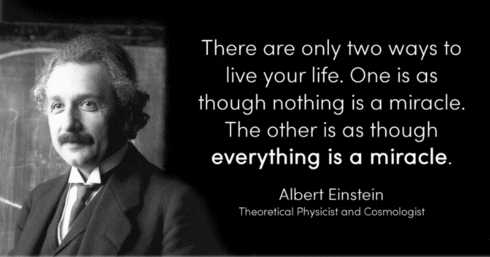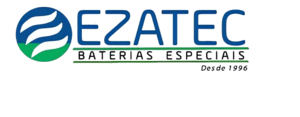Fundada desde
1997, a empresa Ezatec vem atuando no mercado de proteção de
energia, oferecendo soluções , experiência,
conhecimento e serviços adequados priorizando na qualidade , compromisso e excelência, transparência
no atendimento direto ao cliente, fornecedores
e colaboradores diretos ou indiretos.
A Ezatec hoje , está
equipada com uma estrutura de 1000
metros quadrados de área construída e
espaço suficiente com todas as
ferramentas necessárias e toda infraestrutura informatizada, garantindo precisão nos testes de qualidade dando maior segurança nos produtos e serviços
à seus clientes.
Comercialização de No
Breaks de médio e grande porte e atuando
em nível nacional.
Contamos com uma equipe de técnicos especializados e Engenharia
com mais de 20 anos de
experiência em No Breaks, temos laboratório de teste e equipamentos de medição de ultima geração.
Venha visitar o nosso stand e conheça toda a nossa linha de produtos:
Nobreaks,Estabilizadores de tensão,Transformadores e muitos outros.
STAND E230
WEBSITE EZATEC :http://www.ezatec.com.br
WEBSITE FIEE: http://www.fiee.com.br/en/Exhibitors/525594/EZATEC

.gif)










